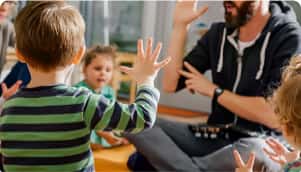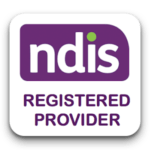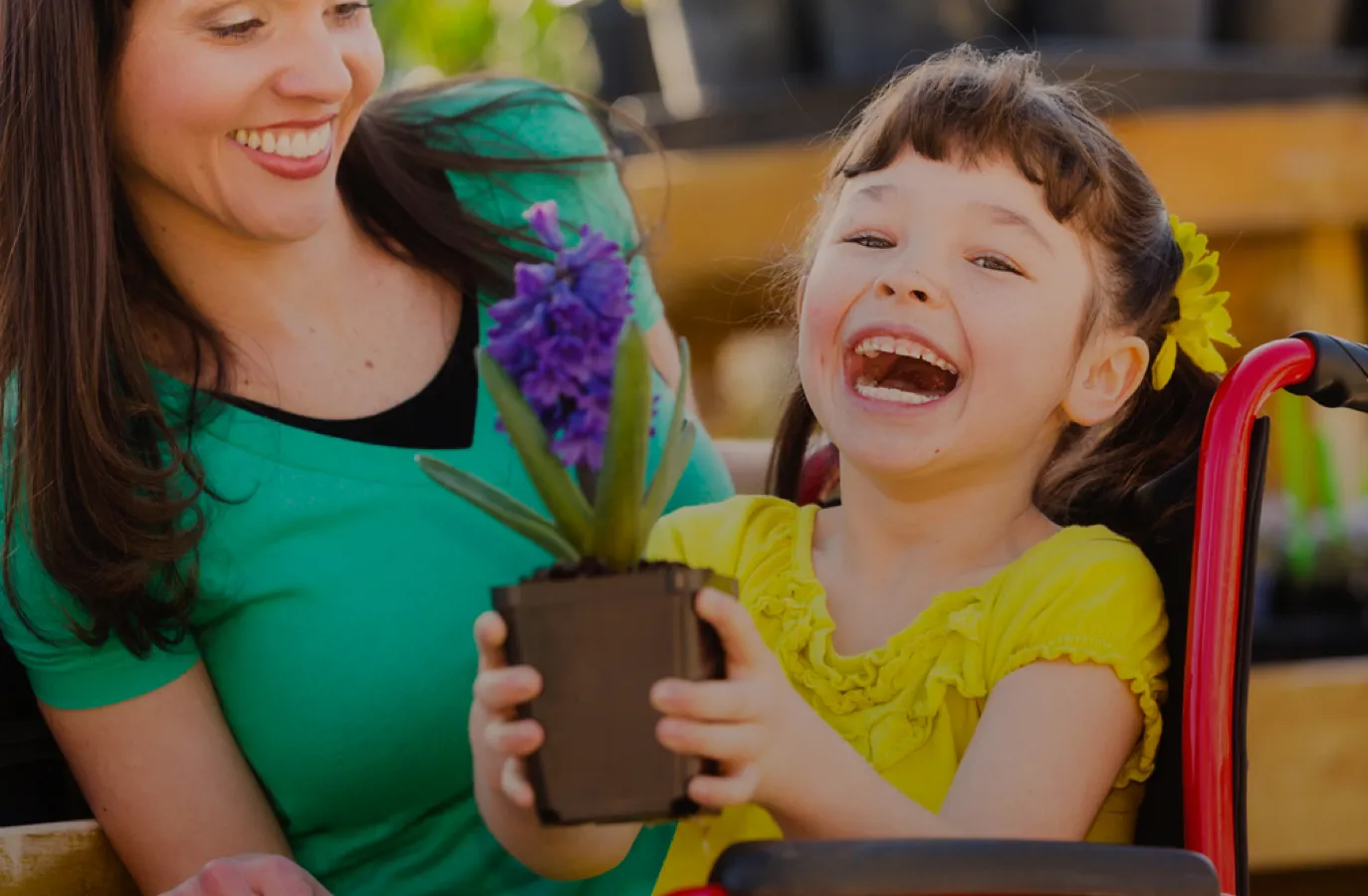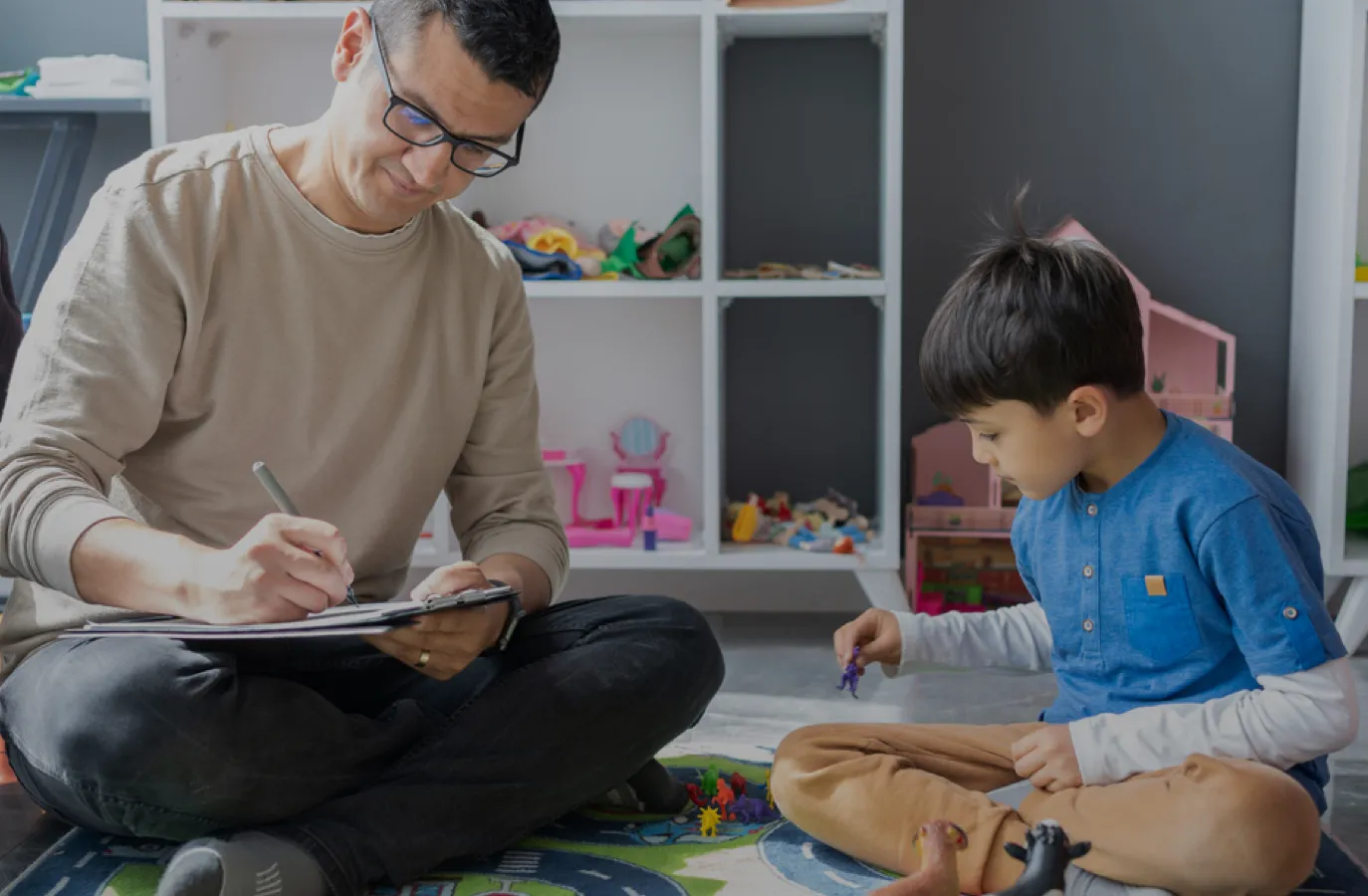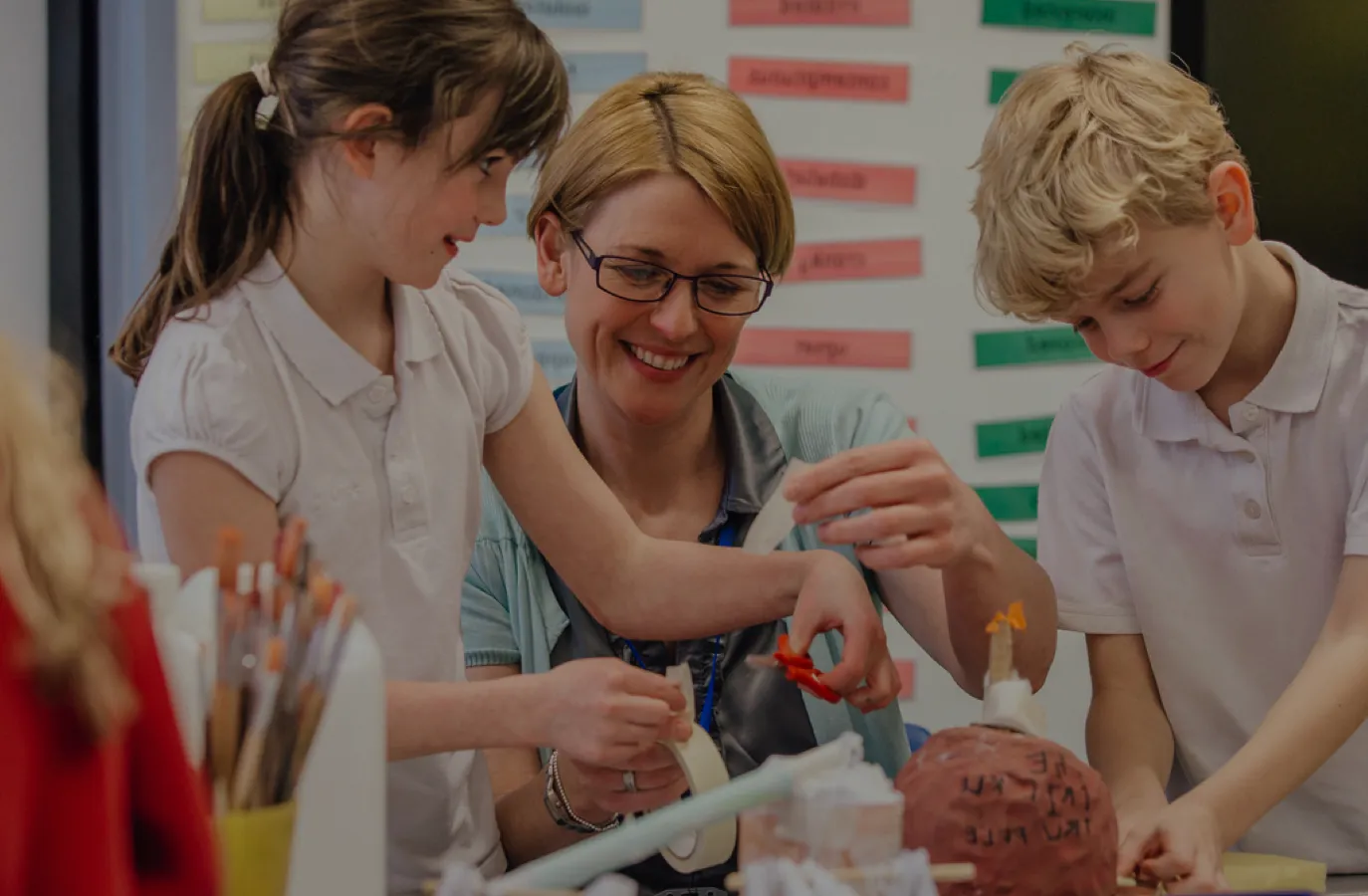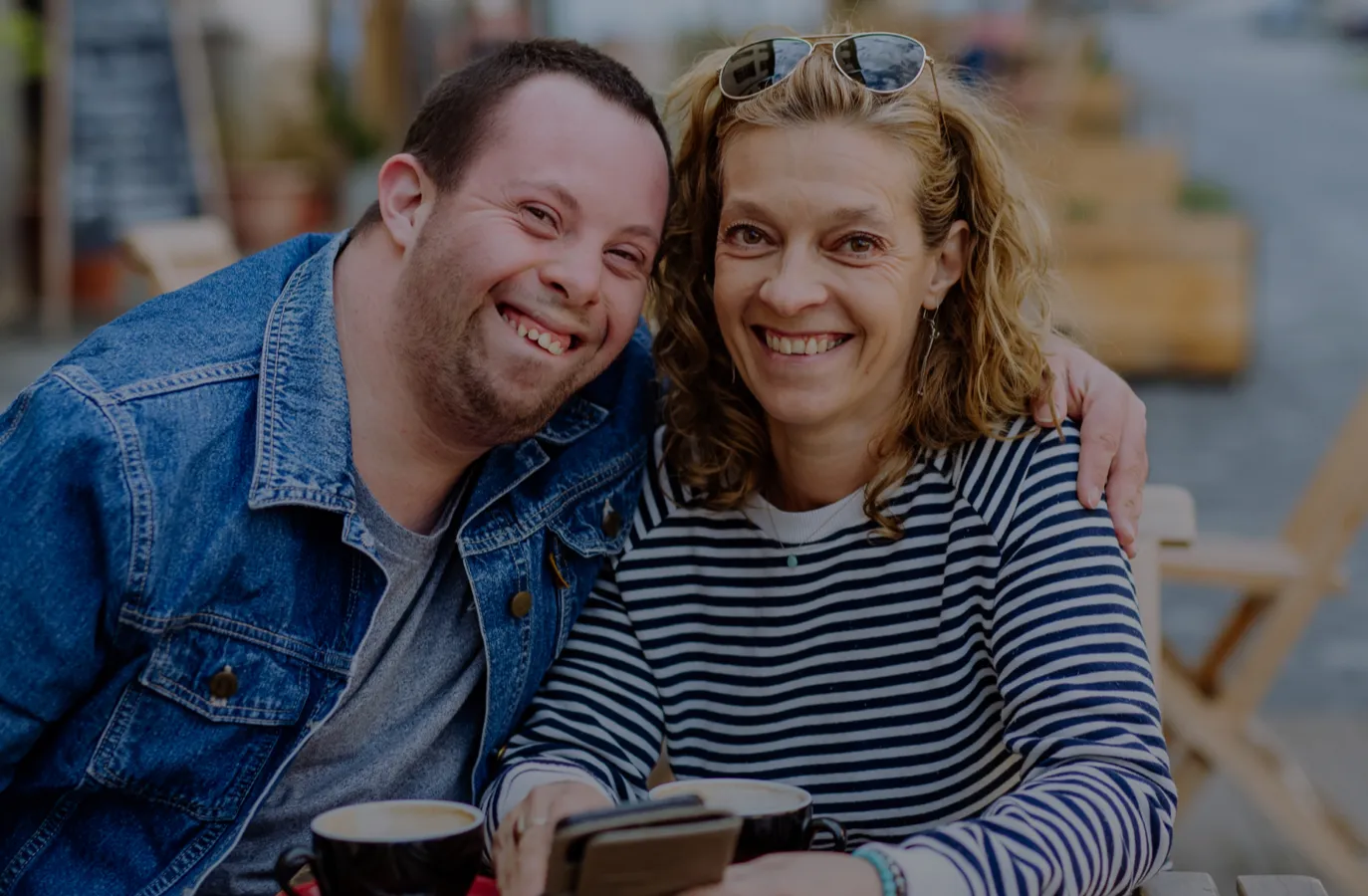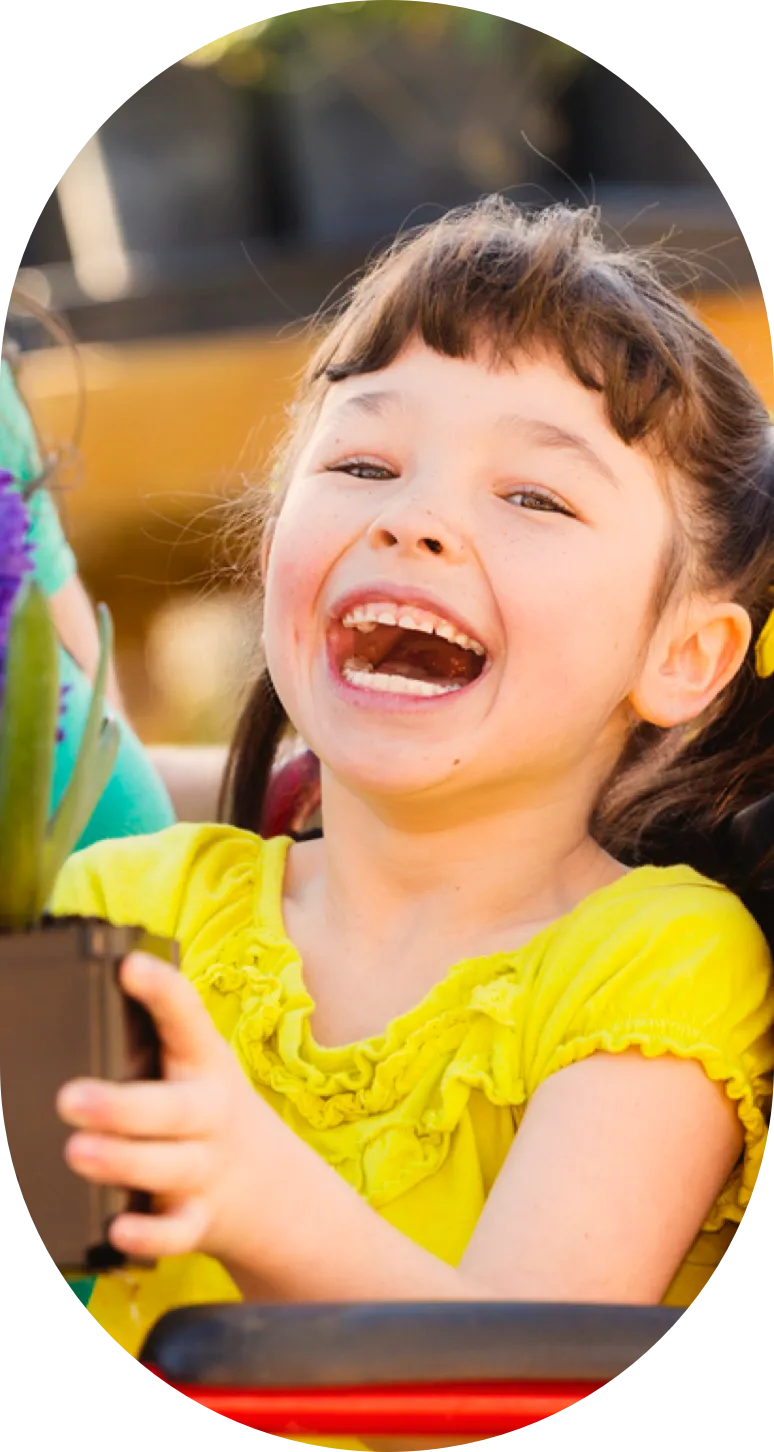
NDIS Early Childhood Intervention
We provide exceptional early childhood services that nurture the growth and development of young children. Our programs prioritise a set of skills providing foundations for a child’s future success, as well as addressing more immediate concerns with NDIS early childhood intervention.
Our NDIS early childhood intervention is built upon strong partnerships with families and educators, fostering open communication and collaboration to ensure you’re empowered with the skills and confidence to support your child to reach their potential.
Early Childhood Intervention Program
We understand the critical importance of early years in shaping a child’s future, and our team of experienced practitioners is passionate about developing evidence-based and personalised early childhood intervention plans that promote a child’s:
Communication & language:
The opportunity to communicate their wants and needs to those around them is a critical skill. This may be verbal, or it may be augmentative where something additional is added to the child’s verbal speech. Alternative communication includes various tech and no-tech devices that provide an alternative way to communicate that is not using verbal speech. It may include pictorial, gestural, sign or an augmented device.
Cooperation:
Is an important social skill that then positions the child to learn other skills. Cooperation is a joint effort, it is not merely the child following the direction of an adult, but both the adult/peer and the child working together.
Safety:
Keeping children safe is more important than ever, with so many risks across the environments, our children spend their time. Basic safety skills will keep your child safe. From walking across the road to playing in a park or being at home and knowing what to do if the fire alarm goes off, are all critical skills for a child to learn.
Coping:
Identifying, feeling and describing how a child feels are complex, yet important skills to learn. We want to help children build resilience and learn to manage good days and challenging days, and how to bounce back from disappointment.


Learning:
There are basic steps to learn all new skills, once we know your child and understand the level of learning they are at now, then we can develop bespoke learning programs to teach skills in small steps, supporting the child to feel competent and enjoy the learning experience.
Independence:
When a child is young there are many protective actions, you will take as a parent to keep them safe and OK. As they grow, we need to adjust the number of protections we provide to children so we can support them to grow and learn supporting them to be more and more independent.
Daily living skills:
The skills required to undertake the tasks of daily living are numerous. Each task has a set of skills the child needs to learn to competently display these skills independently. From brushing their teeth to washing their hands, getting dressed and eating, can all take time to learn. These self-care skills are some of the first skills children learn to plan and sequence as they organise the materials they need to do the task.
Friendships & social participation:
Children need to be with other children to learn important skills like communicating wants and needs to others, negotiating, turn taking and cooperation. Social skills and friendships assist children to navigate their world and build an awareness of others.
We value and recognise the unique strengths and needs of each child and family and aim for you and your child to feel safe, valued, and supported.


